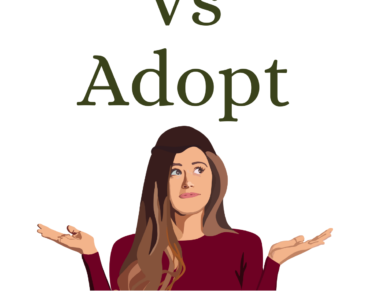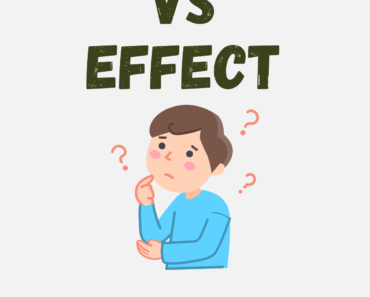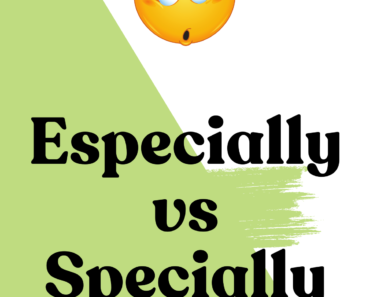The English language is full of nuances that can sometimes confuse even native speakers. Two such words that often come up in discussions about language usage are “everyone” and “all.” While they might seem interchangeable at first glance, there are subtle differences in their usage and meaning. In this article, we’ll explore these differences to help you use them correctly in various contexts.
Definition and Usage
Everyone:
- Meaning: Refers specifically to every person in a group, typically used when talking about people only.
- Usage: Used to emphasize individual members within a group, even though it refers to them collectively.
- Example: “Everyone at the party enjoyed the music.”
All:
- Meaning: A broader term that can refer to people, objects, or amounts, indicating the entire number, extent, or duration of something.
- Usage: Used to encompass groups of people, things, or quantities in a general sense.
- Example: “All the cookies on the table were eaten.”
Grammatical Considerations
- Everyone is always singular and takes a singular verb: “Everyone is here.”
- All can be singular or plural, depending on what it’s referring to. It takes a verb that matches the noun that follows: “All of the water is gone” (singular) vs. “All the students are present” (plural).
Contextual Differences
- People vs. Things: “Everyone” is exclusively used for people. “All” can be used for people, things, and abstract concepts. This makes “all” more versatile in usage.
- Formality and Tone: “Everyone” often appears in more formal or structured sentences. “All” can be used informally and is common in casual conversations.
- Emphasis on Individuality vs. Totality: “Everyone” highlights the individuals within the group, often focusing on personal involvement or experiences. “All” refers to the totality of the group or set without emphasizing individual characteristics.
Examples in Sentences
- Everyone:
- “Everyone in the class passed the exam.”
- “Did everyone understand the instructions?”
- All:
- “All of my friends are going to the concert.”
- “All the books on this shelf are mine.”
Summary
Understanding the differences between “everyone” and “all” can enhance your writing and speaking clarity. Remember, “everyone” is for people only and stresses individual members of a group, while “all” is more inclusive of people, items, and concepts, focusing on the entirety. By keeping these distinctions in mind, you can choose the most appropriate word for your sentence, ensuring precise and effective communication.
By examining these nuances, you can better navigate the complexities of English and use these terms with confidence in various contexts.







